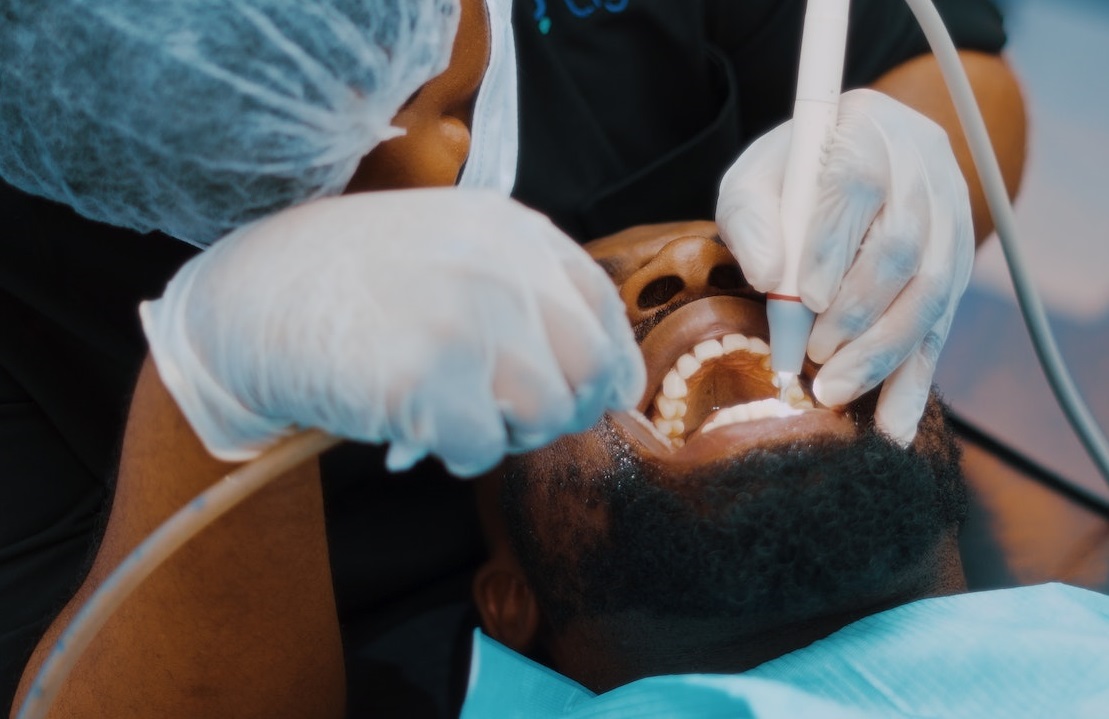Wisdom tooth removal is a common dental procedure that involves the extraction of one or more wisdom teeth, also known as third molars. These teeth typically emerge during late adolescence or early adulthood and are located at the back of the mouth. Wisdom tooth removal is often recommended due to various factors such as impaction, overcrowding, misalignment, and the potential for future complications.
Impaction:
One of the primary reasons for wisdom tooth removal is impaction. Impacted wisdom teeth are those that fail to fully emerge or grow in a normal position. They may be partially or completely trapped beneath the gum line or jawbone. Impaction can lead to several problems, including pain, swelling, infection, and damage to nearby teeth.
Overcrowding:
Many individuals do not have sufficient space in their mouth to accommodate the eruption of wisdom teeth. As a result, the emergence of these teeth can lead to overcrowding, pushing existing teeth out of alignment. This can affect the bite, cause crowding, and potentially necessitate orthodontic treatment in the future. Removing wisdom teeth can prevent these complications and maintain proper tooth alignment.
Misalignment:
Wisdom teeth may emerge at various angles, including horizontally, vertically, or at an angle. Misaligned wisdom teeth can exert pressure on neighboring teeth, causing them to shift or become misaligned. This can disrupt the natural alignment of the teeth, leading to bite problems, crooked teeth, and potential difficulties with chewing and speaking.
Oral Hygiene Challenges:
The location of wisdom teeth at the back of the mouth makes them challenging to clean properly. Their positioning often makes them susceptible to plaque accumulation, increasing the risk of tooth decay, gum disease, and infections. Removing wisdom teeth eliminates the difficulties associated with cleaning them and simplifies oral hygiene routines.
Potential Complications:
If left untreated, wisdom teeth can lead to various complications. These include the development of cysts, tumors, or infections around the impacted teeth. In some cases, wisdom teeth can cause damage to adjacent teeth, leading to decay, erosion, or the need for extensive dental work. Wisdom tooth removal can help prevent these complications and preserve oral health.
During the wisdom tooth removal procedure, a dental professional, typically an oral surgeon or a dentist with experience in oral surgery, will perform the extraction. The procedure is typically carried out under local anesthesia or with the option of sedation to ensure patient comfort. The dental professional will make an incision in the gum tissue, remove any bone that blocks access to the tooth, and then extract the tooth. The gum tissue is then sutured, and post-operative instructions are provided for a smooth recovery.
Recovery from wisdom tooth removal can vary from person to person, but following post-operative care instructions is crucial. This may include managing pain and swelling, maintaining proper oral hygiene, and adhering to dietary restrictions. It is important to attend any follow-up appointments to ensure the healing process is progressing well and to address any concerns or complications that may arise.
Overall, wisdom tooth removal is a proactive approach to maintaining oral health, preventing complications, and preserving the alignment and integrity of the teeth. Consulting with a dental professional is essential to assess the need for wisdom tooth removal and to ensure a safe and successful procedure.
To find out more, Contact Us
388 High St, Eugene, OR 97401, United States
drmercedesdelvalle@gmail.com
